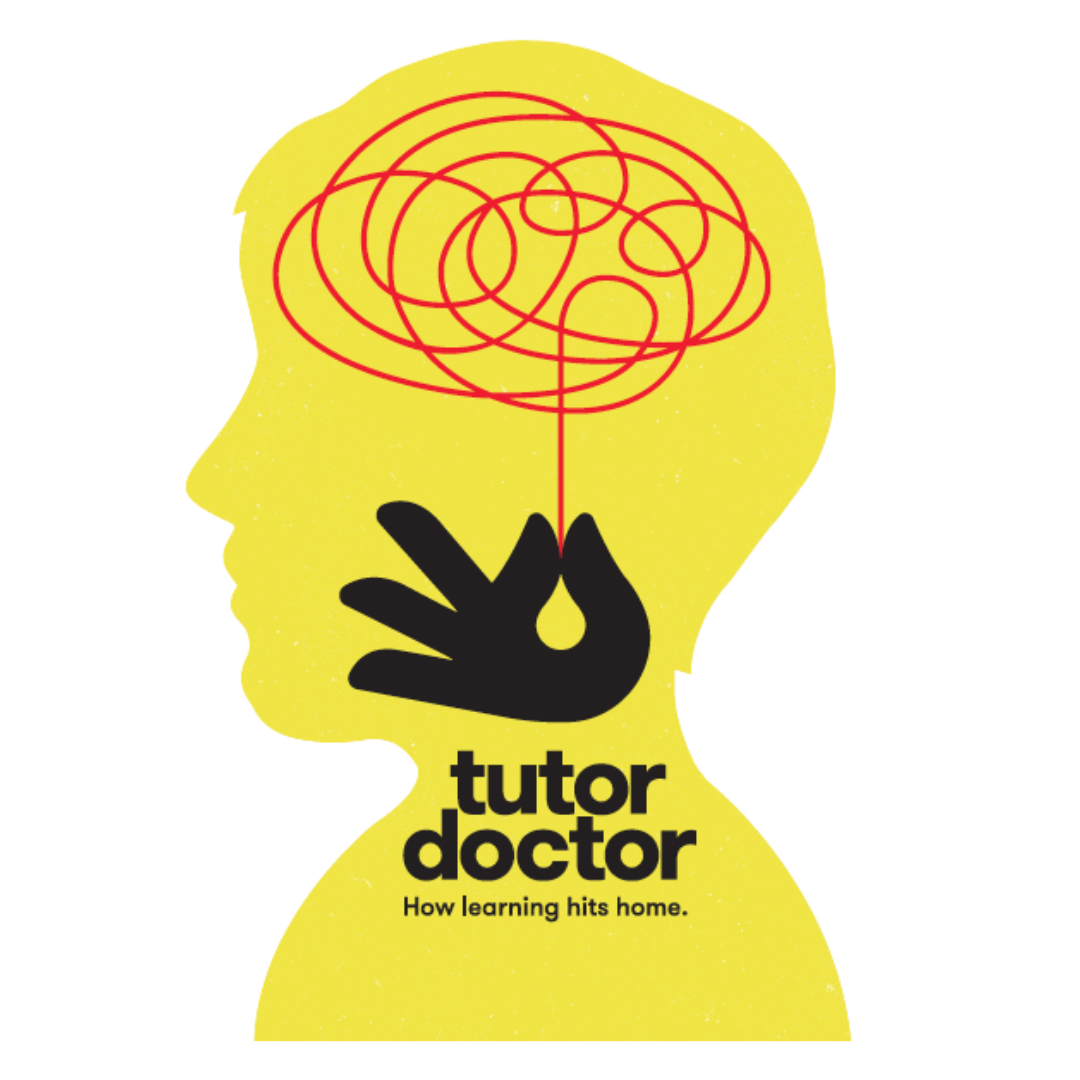Why are students falling behind in math?
Explore how learning loss, pacing challenges, and disengagement contribute to the problem.
Math scores are declining in North America — but it’s not too late to turn the tide.
Our latest analysis of parent inquiries, combined with national and provincial education data, reveals why math has become the #1 subject of concern for families across North America. From foundational skill gaps to rising math anxiety, this report explores what’s really happening in classrooms, and most importantly, what parents, educators, and tutors can do to help students succeed.
Get the ReportAs math struggles continue to rise, families and educators are facing an urgent need for solutions to address the widening gaps in students’ math education. Below are some of the most pressing challenges we found based on our comprehensive analysis:
of tutoring inquiries are math-related — more than any other subject.
parents are feeling overwhelmed, often using urgent phrases like “struggling” or “falling behind.”
of Grade 6 students in Ontario are not meeting provincial math standards (EQAO Assessment Results, 2024).
of students experience math anxiety, often beginning as early as Grade 1.
❝ We see math anxiety first-hand every day. The students who come to us often already believe they’re ‘bad at math,’ and that belief holds them back. Breaking through that mindset is half the battle. Once we get past the fear and build confidence, students not only catch up — they thrive. This report really speaks to the reality of what we’re seeing: math struggles are intertwined with emotional barriers, and we need to address both to make a lasting difference. ❞

Becky Ward
Education Experience Specialist, Tutor Doctor
This 10-page report blends first-party data from Tutor Doctor with credible research to answer three pressing questions for parents and educators.
Explore how learning loss, pacing challenges, and disengagement contribute to the problem.
From college readiness to confidence, math struggles have long-term academic and emotional impacts.
Discover evidence-based strategies, including high-dosage tutoring and confidence-building techniques that help students close gaps and rebuild skills.

At Tutor Doctor, we work closely with families and students every day, giving us a unique first-hand view of the math challenges affecting learners across all age groups. We believe that by sharing these findings, we can:
Support parents in understanding the root causes of math struggles.
Give educators actionable insights to improve student outcomes.
Raise awareness of the widespread math crisis, urging meaningful changes in how we approach math education.
Encourage collaborative solutions between parents, educators, and tutors to create an ecosystem of support for students at all levels.
Get exclusive access to the Tutor Doctor Math Findings Report, a comprehensive resource offering key insights and data on math education.


Tutor Doctor is a global leader in personalized, one-to-one tutoring for students of all ages and subjects. With thousands of tutors worldwide, we bring learning to life by adapting to each student’s unique needs and learning style.
Math struggles often stem from missing foundational skills, pacing issues in classrooms, and a lack of real-world connection to math concepts. Emotional factors such as math anxiety which affects 20–30% of students, can also block learning. Our report dives into these root causes and provides actionable strategies for parents and educators.
Math anxiety is a negative emotional reaction to math tasks, often causing stress, panic, or avoidance. It can start as early as Grade 1, affecting students’ confidence and performance. Research shows that personalized support, consistent practice, and building confidence through small wins can significantly reduce math anxiety.
The report combines Tutor Doctor’s first-party data (over 12 months of parent inquiries) with credible educational research. It covers why students struggle with math, the long-term consequences of falling behind, and proven solutions such as personalized, one-to-one tutoring and confidence-building strategies.
Parents can start by creating a positive environment around math, avoiding statements like “I was never good at math” and encouraging a growth mindset. Providing consistent support, seeking personalized tutoring, and celebrating small achievements are proven ways to help children rebuild their math confidence.
You can download the full 10-page report directly from this page. It’s free, and includes in-depth insights, data visualizations, and practical recommendations for parents and educators.